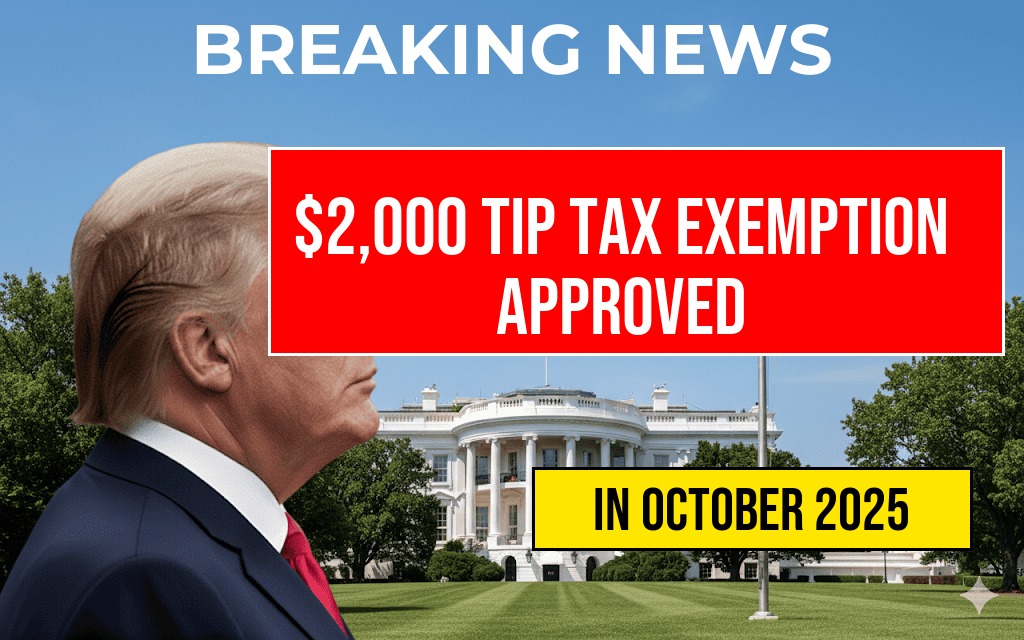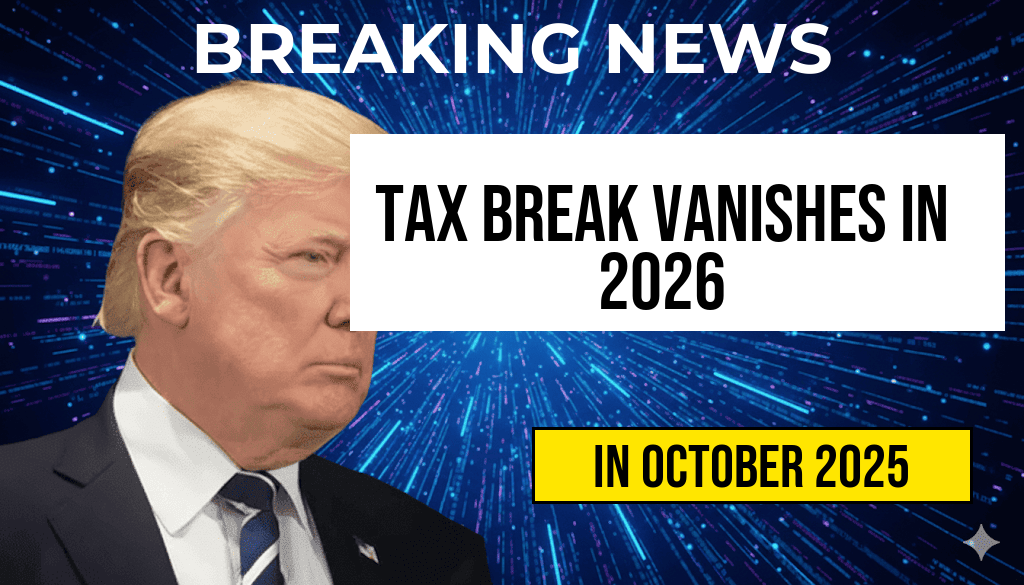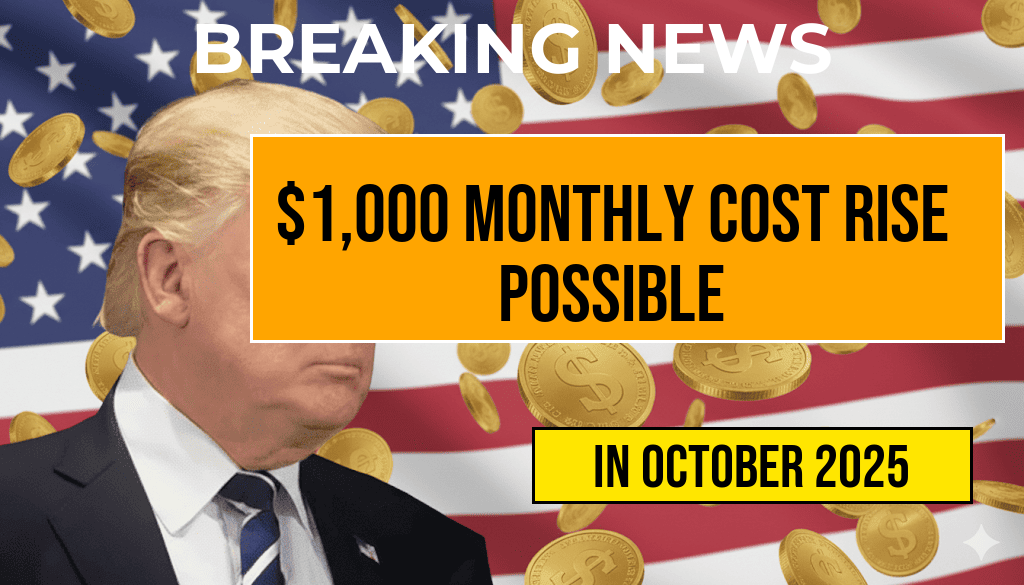Legislation recently approved by Congress has introduced a significant change to tipping practices across the United States, exempting tips of $2,000 or more from taxation. The new law aims to alleviate tax burdens on high-value gratuities, often received by hospitality workers, entertainers, and other service industry employees. While supporters argue that this move recognizes the realities of large tips earned through exceptional service, critics raise concerns about potential loopholes and revenue implications. The measure is expected to reshape how large tips are reported and taxed, prompting both industry adjustments and increased scrutiny from tax authorities.
Key Provisions of the Legislation
Threshold and Scope
- The law applies to tips totaling $2,000 or more received by an individual in a calendar year.
- It covers all forms of gratuities, including cash, electronic payments, and other non-cash benefits.
- High-value tips above the threshold are now exempt from federal income tax, provided proper documentation is maintained.
Reporting and Documentation Requirements
- Recipients of large tips must maintain detailed records to qualify for exemption, including dates, amounts, and payer information.
- Employers are encouraged to update payroll systems to accommodate the new reporting standards.
- The IRS will continue to monitor compliance, with audits targeting potential misuse or underreporting of large gratuities.
Impacts on the Hospitality and Service Industries
Financial Benefits for Workers
Employees who receive substantial tips—such as restaurant servers, bartenders, concierges, and performers—stand to benefit from reduced tax liabilities. Experts estimate that high-earning tip recipients could save thousands annually, easing financial pressures especially during economic downturns or periods of declining base wages.
Potential Industry Adjustments
- Employers may revise bonus and incentive structures to reflect the new tax landscape.
- Some establishments might implement policies encouraging larger tips or offering incentives tied to gratuity levels.
- Concerns have been voiced about potential shifts in customer tipping behavior, with some fearing that awareness of tax exemptions could influence tipping amounts.
Legal and Tax Implications
Tax Compliance and Enforcement
The legislation introduces new compliance challenges for both workers and tax authorities. While tips above the $2,000 threshold are exempt from federal income tax, recipients must still report these tips to the IRS if required, and failure to do so could result in penalties. The law also emphasizes the importance of accurate recordkeeping to prevent abuse.
Revenue Considerations
| Scenario | Estimated Revenue Loss | Notes |
|---|---|---|
| Optimistic Estimate | $1.2 billion annually | Based on current tip reporting patterns and high earners |
| Pessimistic Estimate | $800 million annually | Assumes significant underreporting persists |
Officials from the Department of Treasury indicate ongoing review to ensure compliance and address potential tax evasion tactics related to large gratuities. Critics argue that the exemption could open avenues for tax avoidance among high-earning individuals, necessitating enhanced oversight.
Public and Industry Reactions
Supporters’ Perspective
Advocates for the legislation highlight that large tips often reflect exceptional service or special occasions, and taxing such amounts can be perceived as unfair. They contend the exemption will motivate service workers by allowing them to retain more of their earnings, particularly in high-cost regions where large tips are common.
Opponents’ Concerns
- Tax authorities and some industry groups warn that the law could complicate tax reporting and enforcement.
- There are worries about the potential for misreporting or underreporting large tips, which could undermine the integrity of tax collection efforts.
- Some consumer advocacy groups argue the exemption might inadvertently favor wealthier individuals who can offer larger gratuities.
Looking Ahead
The legislation is expected to prompt a reevaluation of tipping practices and payroll procedures within the hospitality sector. As industry stakeholders adapt to the changes, regulators are likely to implement additional guidance to clarify reporting standards and prevent misuse. Meanwhile, workers who regularly receive high-value tips should consult with tax professionals to ensure compliance and maximize benefits under the new law.
For more details on tax regulations related to gratuities, visit IRS Tips and Reporting.
To understand the broader context of taxation and gratuities, see Tip (Gratuity) – Wikipedia.
Frequently Asked Questions
What is the main purpose of the Two-Thousand Dollar Tip Tax Exemption legislation?
The legislation aims to exempt tips up to $2,000 from taxation, providing relief to service workers and potentially affecting how tips are reported and taxed.
When does the Tip Tax Exemption legislation take effect?
The legislation has been approved recently and is expected to go into effect on the upcoming tax year, with specific implementation details to be announced by authorities.
How will the Tip Tax Exemption impact service workers and their income reporting?
The exemption will reduce the taxable tip income for service workers up to $2,000, potentially altering their income reporting and tax obligations.
Are there any limitations or conditions associated with the Tip Tax Exemption?
Yes, the exemption applies only to tips up to $2,000 annually, and tips exceeding that amount will still be subject to taxation. Specific eligibility criteria may also be outlined by legislation.
What are the potential impacts of this legislation on businesses and the economy?
The legislation could lead to changes in tip reporting practices, influence service industry earnings, and potentially impact consumer behavior and business operations.







